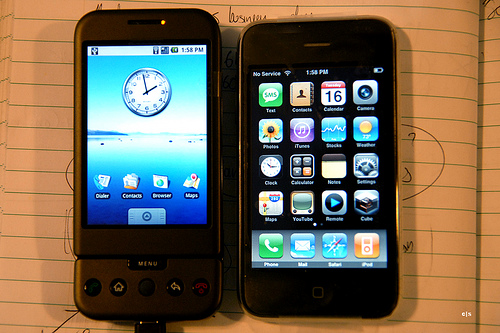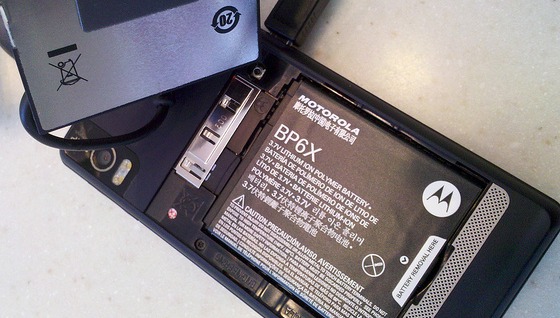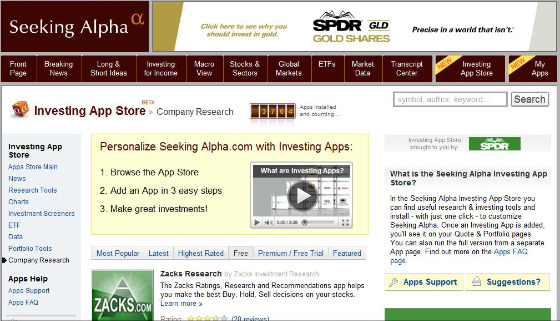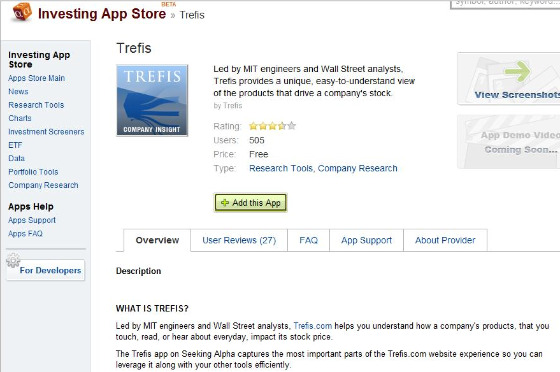
In 2011 Verizon Wireless will start carrying the iPhone adding another level of competition in the iPhone-Android wars.
AT&T announced on Thursday that it is opening three innovation centers, including one that will be in Israel.
The move will give mobile application developers the chance to present their app ideas and develop them at these labs and then to get them out to market fast. Through a fast (“speed-dating”) approach, AT&T hopes to review up to 400 proposals a year.
The company plans to work with Alcatel-Lucent, Amdocs and Ericsson, to locate innovation centers in Palo Alto, CA, Plano, TX, and Ra’anana, near Tel Aviv, Israel, and with Cisco and Juniper Networks as infrastructure providers and collaborators in the centers.
According to the press release,
AT&T and its industry collaborators selected participants are working in three key areas:
- Connected-health applications that could help identify health concerns earlier and dramatically improve the quality of care
- HTML5 applications that will revolutionize the online experience, and
- Machine-to-machine mobile applications that will help people interact with their environment in meaningful new ways.”
“The innovation centers will help us enhance collaboration and dramatically accelerate the velocity of innovation, taking ideas from concept to reality in mere months as opposed to years,” said John Donovan, AT&T’s chief technology officer. “We’re tapping into cutting-edge design expertise in Silicon Valley, prototyping industry applications – from automotive to education services – in Plano and the deep skills in communications protocols and innovation that reside in Israel. Working across centers, innovation can follow the sun with a near 24-hour cycle time for agile development.”
Israel has a strong presence in the health technology and telecommunications fields. Aside from innovation in biomedical devices such as Given Imaging’s Pillcam and InSightec’s ExAblate 2000, one of the most popular health community websites on the web was founded in Israel, iMedix. Israel’s defense industry and the nature of Israelis to be early adopters, especially when it comes to mobile technology, has driven Israel’s telecommunications field. Some leaders in the field include Alvarion, InfoGin, and Radware. Israel has also attracted several multinational companies in the field, including Intel, Cisco and Motorola, to set up facilities in Israel.
The centers will be run from Palo Alto which is considered to be the center of the mobile development world since the success of the iPhone and Android platforms.
AT&T competitor Verizon Wireless recently announced that it will launch its 4G LTE (Long Term Evolution) network in several major US cities by the end of the year. The company is also planning to unveil several new LTE-friendly phones in January 2011. Although Google CEO Eric Schmidt is expected t0 announce the first set of devices, Android ones, on stage, rumors of a Verizon iPhone in 2011 heated up this week with speculation that it might also be debuted then. Considering this new competition and reports that demand for iPhones from AT&T are leveling out, AT&T’s innovation centers announcement comes at a good time and offers significant promise for the network in the future.
Image via closari.







